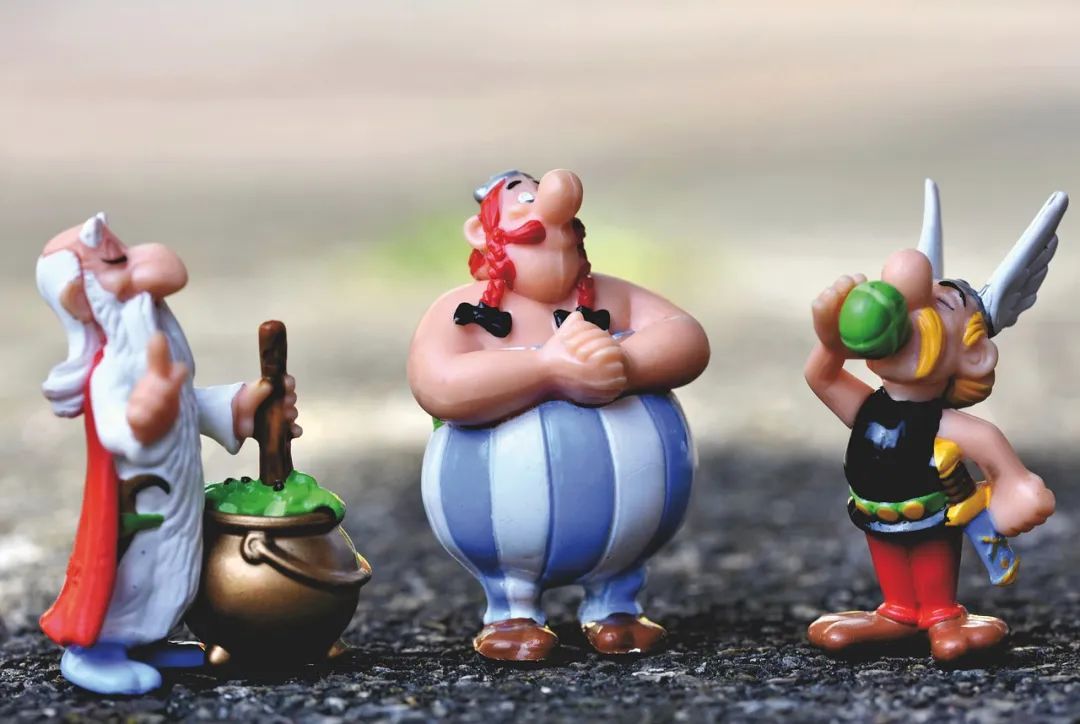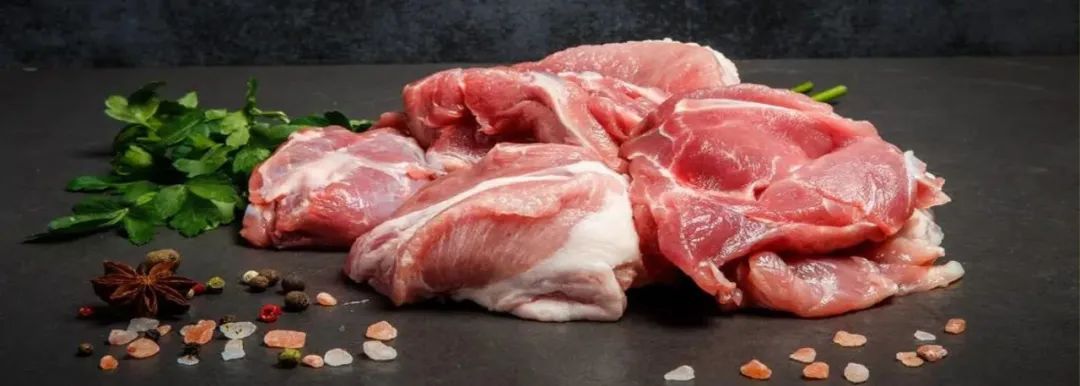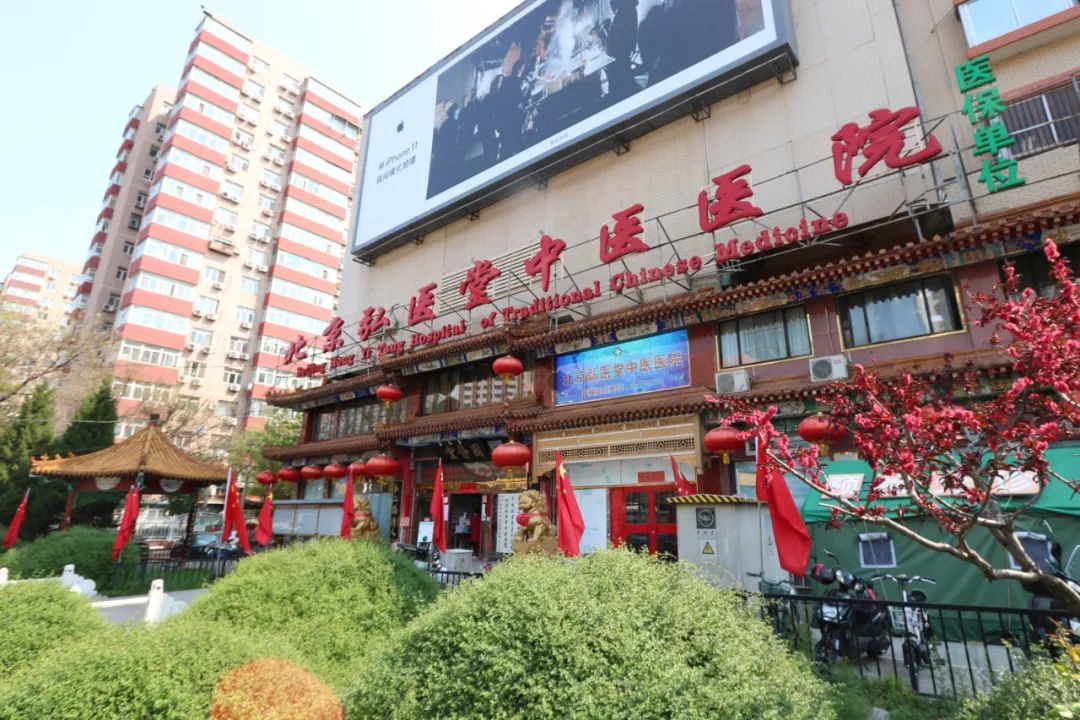
In daily life, we often hear people jokingly say that they can gain weight just by drinking water. In fact, there are indeed people with such a constitution.
These individuals generally have a plump body, a round face, a sticky mouth, and a bloated abdomen, and they snore while sleeping at night.
This is what we want to share today about the phlegm-damp constitution:
 What is Phlegm-Damp?
What is Phlegm-Damp?
Phlegm-damp is a concept in Traditional Chinese Medicine (TCM). Phlegm is a pathological product formed by the abnormal accumulation of body fluids.
Seventy percent of the human body is composed of water, referred to as jinye (津液) in TCM, which transports nutrients to various parts of the body while also removing waste.
If the movement of jinye is disrupted, it will first lead to dampness. When dampness cannot be properly transformed, it will condense into phlegm.

Phlegm can be classified into two categories: narrow and broad.
Narrowly defined, phlegm refers to the exudate from the lungs and secretions from the respiratory tract, which can be coughed up or vomited, and is thus perceptible, often referred to as external phlegm or visible phlegm.
Broadly defined, phlegm arises from stagnation of the body’s qi (气) or deficiency of yang (阳), or emotional distress, which prevents normal transformation of body fluids, leading to accumulation and gradual formation of phlegm, often imperceptible, hence termed internal phlegm or invisible phlegm.
Therefore, the essence of phlegm-damp is a part of jinye, but it manifests in a pathological state.
Invisible phlegm-damp flows throughout the body with the movement of qi and blood, its location is uncertain, causing many diseases.
If it spreads to the skin, it results in obesity; if it accumulates in the abdomen, it leads to abdominal obesity or a pot-belly;
if it lodges in the lungs, it causes chest tightness and excessive phlegm; if phlegm-damp obstructs the spleen, it hinders qi movement, leading to fatigue and a heavy body sensation.
Thus, there is a saying: “All diseases arise from phlegm, and stubborn phlegm causes strange symptoms.”

 Characteristics of Phlegm-Damp Constitution
Characteristics of Phlegm-Damp Constitution
✍ Overall Characteristics
Phlegm-damp accumulation, plump body, full abdomen, sticky tongue coating, etc.
✍ Physical Characteristics
Obese body shape, soft and full abdomen.
✍ Common Manifestations
Oily facial skin, excessive sweating, prone to chest tightness, excessive phlegm, fatigue, heavy body sensation, sticky or sweet mouth, craving fatty and sweet foods, stools sticky with phlegm, or constipation, thick tongue coating, slippery pulse.
✍ Psychological Characteristics
Generally mild and steady personality, often patient.
✍ Adaptability to External Environment
Poor adaptability to the plum rain season and humid environments.

Self-Assessment for Phlegm-Damp Constitution
①Oily face, shiny skin, oily hair, seborrheic alopecia.
②Not eating much, yet gaining weight, primarily in the waist and abdomen, with loose muscles.
③Enlarged tongue with thick and sticky coating.
④Frequent phlegm, always feeling phlegm in the throat.
⑤Sticky stools that cling to the toilet.
⑥Excessive sleepiness, poor mental state, easily fatigued.
⑦Sweet and sticky taste in the mouth, frequent nausea.
⑧Chest tightness and shortness of breath, prone to sighing, worsens on rainy days.
⑨Heavy limbs, and in severe cases, movement difficulties.
⑩Prone to the formation of lumps or nodules in the body.
If you have more than four of the above ten symptoms, you can preliminarily determine that you have a phlegm-damp constitution; the more symptoms present, the heavier the phlegm-damp.
 Diseases Commonly Associated with Phlegm-Damp Constitution!
Diseases Commonly Associated with Phlegm-Damp Constitution!
Three Highs (hypertension, hyperglycemia, hyperlipidemia), obesity, high uric acid, coronary heart disease, cerebrovascular diseases, cerebral infarction, and other diseases are closely related to phlegm-damp constitution!
Additionally, uterine fibroids, breast nodules, thyroid nodules, and lung nodules are also related to phlegm-damp.
Men with phlegm-damp constitution are prone to obstructive sleep apnea syndrome, which poses a risk of sudden death!
Women with phlegm-damp constitution are prone to polycystic ovary syndrome, which may lead to infertility!
 Main Factors Leading to Phlegm-Damp Formation
Main Factors Leading to Phlegm-Damp Formation
1. Congenital Inheritance
Phlegm-damp constitution is greatly influenced by genetics; if parents have a phlegm-damp constitution, their children may also exhibit similar traits.
2. Irregular Diet
Overeating rich foods (fatty meats, fried foods, etc.), consistently preferring salty flavors, and frequently consuming high-fat, high-protein, and high-calorie foods.
Additionally, overeating cold and raw foods, binge eating, or having irregular eating habits can easily damage the spleen and stomach, impairing their function and leading to phlegm-damp constitution.
3. Excessive Fatigue
High work pressure, mental stress, and excessive worry can lead to liver stagnation, which in turn causes spleen deficiency, resulting in the accumulation of fluids and gradually forming phlegm-damp, commonly referred to as “overwork obesity.”
4. Sedentary Lifestyle
Prolonged sitting is also a significant factor in the formation of phlegm-damp constitution, as stated in the Su Wen (素问) “Prolonged lying harms qi, prolonged sitting harms flesh.”
In today’s competitive society, changes in work conditions have led many people to spend extended hours sitting, resulting in insufficient exercise, which can obstruct qi movement, leading to phlegm formation and the development of phlegm-damp constitution.
 How to Regulate Phlegm-Damp Constitution?
How to Regulate Phlegm-Damp Constitution?
To regulate phlegm-damp constitution, both dietary and medicinal adjustments are necessary.
1. Dietary Regulation
Focus on a light diet, avoiding raw, greasy, and sweet foods as much as possible.
Incorporate foods that strengthen the spleen and eliminate dampness, such as Bai Bian Dou (白扁豆, Hyacinth Bean), Fu Ling (茯苓, Poria), Shan Yao (山药, Chinese Yam), Yi Yi Ren (薏米, Coix Seed), and Chi Xiao Dou (赤小豆, Adzuki Bean).
For meats, choose those with lower fat content, such as chicken, duck, and beef, while minimizing fatty pork.

2. Herbal Regulation
Additionally, daily herbal adjustments can be made, focusing on strengthening the spleen, eliminating dampness, transforming phlegm, and clearing turbidity.
Representative formulas include Er Chen Tang (二陈汤, Two Efficacious Decoction) and Shen Ling Bai Zhu San (参苓白术散, Ginseng and Poria Powder), with commonly used herbs such as Chen Pi (陈皮, Dried Tangerine Peel), Bai Zhu (白术, Atractylodes), Fu Ling, Shan Yao, Bian Dou (扁豆, Hyacinth Bean), Qian Shi (芡实, Euryale Seed), Yi Yi Ren, Sha Ren (砂仁, Amomum Fruit), and Lian Zi Rou (莲子肉, Lotus Seed Flesh).
Herbal regulation is not fixed and should be adjusted according to the specific symptoms accompanying the phlegm-damp constitution.
3. Warming Gallbladder Decoction Foot Soak
Ingredients: 30g Fu Ling, 6g Chen Pi, 6g Ban Xia (法半夏, Pinellia), 6g Zhu Ru (竹茹, Bamboo Shavings), 6g Zhi Shi (枳实, Bitter Orange), 6g Zhi Gan Cao (炙甘草, Honey-Fried Licorice).
Preparation: Add sufficient water to a pot, place all ingredients in, bring to a boil, then simmer for 30 minutes. Turn off the heat and let it cool to a suitable temperature for foot soaking.
Effects: Eliminates dampness, transforms phlegm, regulates qi, and harmonizes the stomach.
References:
1. Decoding the Nine Constitutions of Chinese People
2. Health Road: Unlocking Your Constitution Code
3. Fundamentals of Traditional Chinese Medicine
Related Statements:
1. This article is compiled based on reference materials for communication and sharing, aimed at disseminating health knowledge.
2. The prescriptions mentioned are for reference only; please use under the guidance of a professional doctor and do not self-medicate blindly.
3. Images are sourced from the public image library of WeChat public platform.
4. Hong Yi Tang TCM respects intellectual property rights; if there is any improper use or disagreement regarding the above content, please contact us at [email protected], and we will address it promptly.
5. The comment section at the end of the article is open for active discussion.
Previous Reviews Remove the root of the disease in summer, you must eat this
Remove the root of the disease in summer, you must eat this These 6 signs in your mouth indicate damage to the spleen and stomach
These 6 signs in your mouth indicate damage to the spleen and stomach 5 diseases that are most likely to occur during these time periods
5 diseases that are most likely to occur during these time periods
Hong Guo Yi Jishi Respecting Virtue and Treating People
Defending Original TCMProtecting health, we are always here∨ Beijing Hong Yi Tang TCM Hospital (Insurance Unit)
Beijing Hong Yi Tang TCM Hospital (Insurance Unit)
-
Address: No. 2, Tuanjiehu North Road, Chaoyang District, Beijing (50 meters east of Changhong Bridge on the East Third Ring Road)
-
Transportation: Subway Line 10, Tuanjiehu Station, Exit C (Bus Changhong Bridge or Tuanjiehu Station)
-
Consultation Phone: 010-65827961
-
Consultation Hours: 07:30–17:00
-
Outpatient Hours: 07:30–21:00
Click to follow Hong Yi Tang TCM ☝
We meet every morning at 7 o’clock, don’t miss it
If you find this useful, pleaselike and share ☟☟☟

